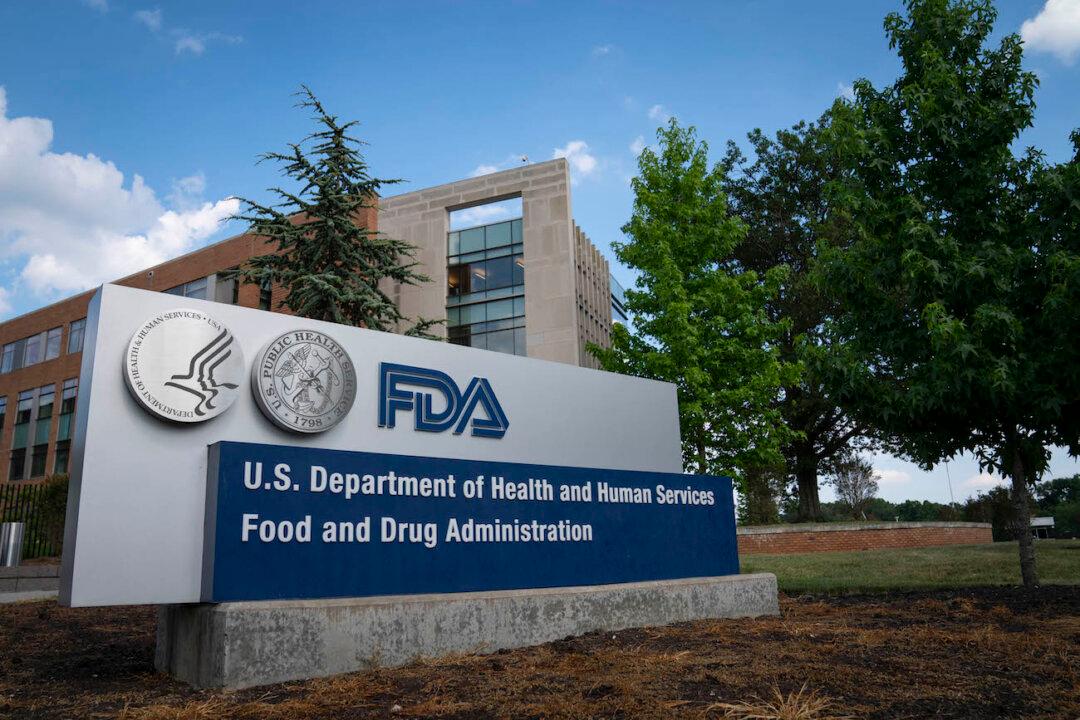A top Food and Drug Administration (FDA) safety official resigned this week because of concerns about the agency’s oversight structure and the infant formula shortage.
Frank Yiannas, deputy commissioner for food policy and response since 2018, told FDA Commissioner Dr. Robert Califf that he’s leaving the agency in February.





